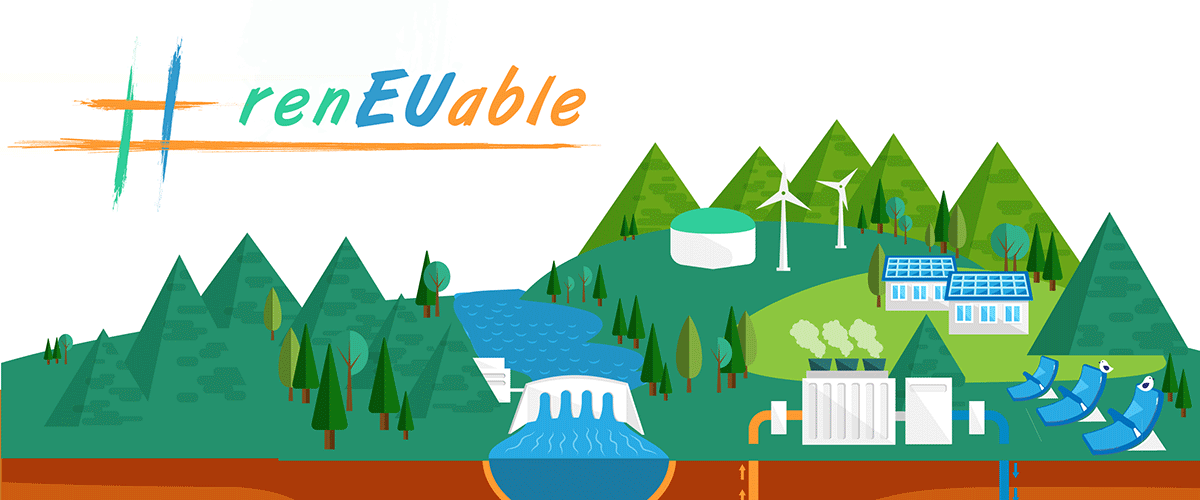News
67%: How Denmark & Lithuania fix the gas leak

28 November 2016

67% of natural gas used in the EU is imported – Renewable heating and cooling can reliably replace the use of imported gas in buildings.
— Source: Eurostat. June 2016
The EU imports a significant amount of gas from Russia. This dependence on Russia is particularly acute in twelve member states which imported over 75% of their natural gas in 2013.
61% of all EU natural gas imports are used for heating buildings. Replacing this with renewable heating and cooling can significantly strengthen our energy security.
Kaunas district heating network, a step towards energy security
Kaunas Energy, the second largest heating company in Lithuania, is increasing energy security by shifting to renewable district heating networks.
Kaunas Energy, supplies 20% of Lithuanian heat through services to municipalities’ district heating networks displacing Russian gas.
The district heating system of Kaunas provides heat to 118,000 people, operating three biomass boilers for a total capacity of 70 MW, corresponding to the use of 218.000 tons of wood chips.
The biomass-based boilers of Kaunas Energy are expected to produce 480 GWh of thermal energy per year, thereby avoiding the use of a significant quantity of gas and oil annually.
For a country like Lithuania, the close proximity to Russia makes being energy independent essential. Bioenergy provides an alternative to Russian gas imports.
Marstal, Denmark: Improving energy security by combining renewables
Solar thermal technologies have already shown they can drastically reduce gas dependency on a large scale.
In Marstal, Denmark, a hybrid project combining solar thermal with other RES technologies is suitable to fully cover a district heating needs and serve 1460 people.
In 2014, this project had already replaced the equivalent of 1 200 000 m³ of natural gas , which represents the volume of 48 Olympic-size swimming pools.
Similar projects are being built all over Denmark: a great step toward less dependency on our fossil fuel imports.

